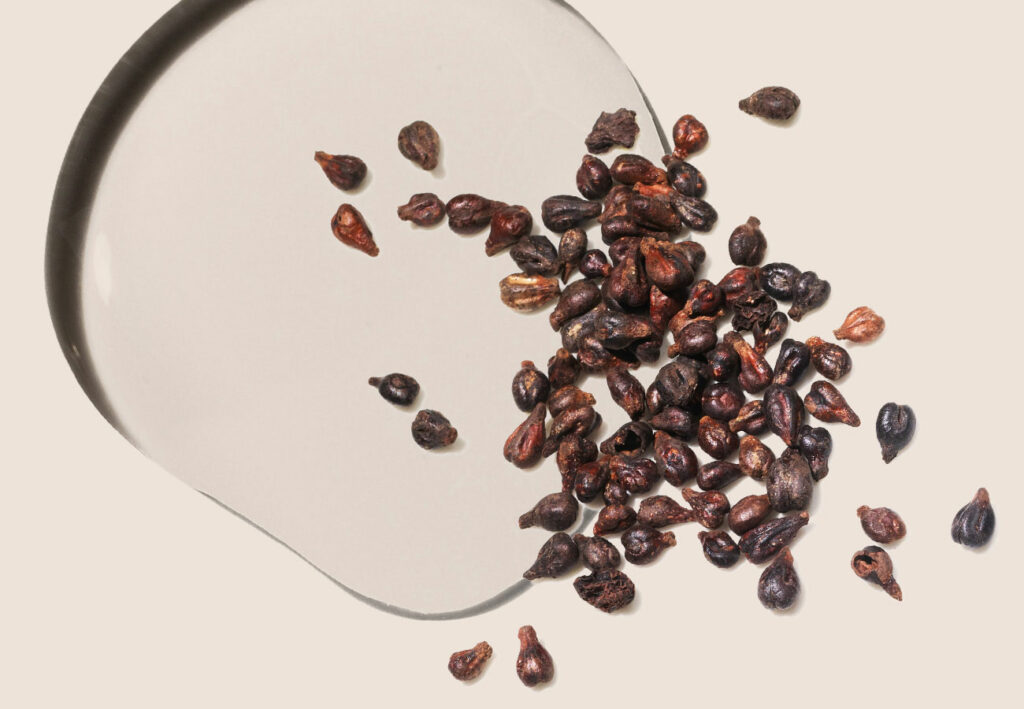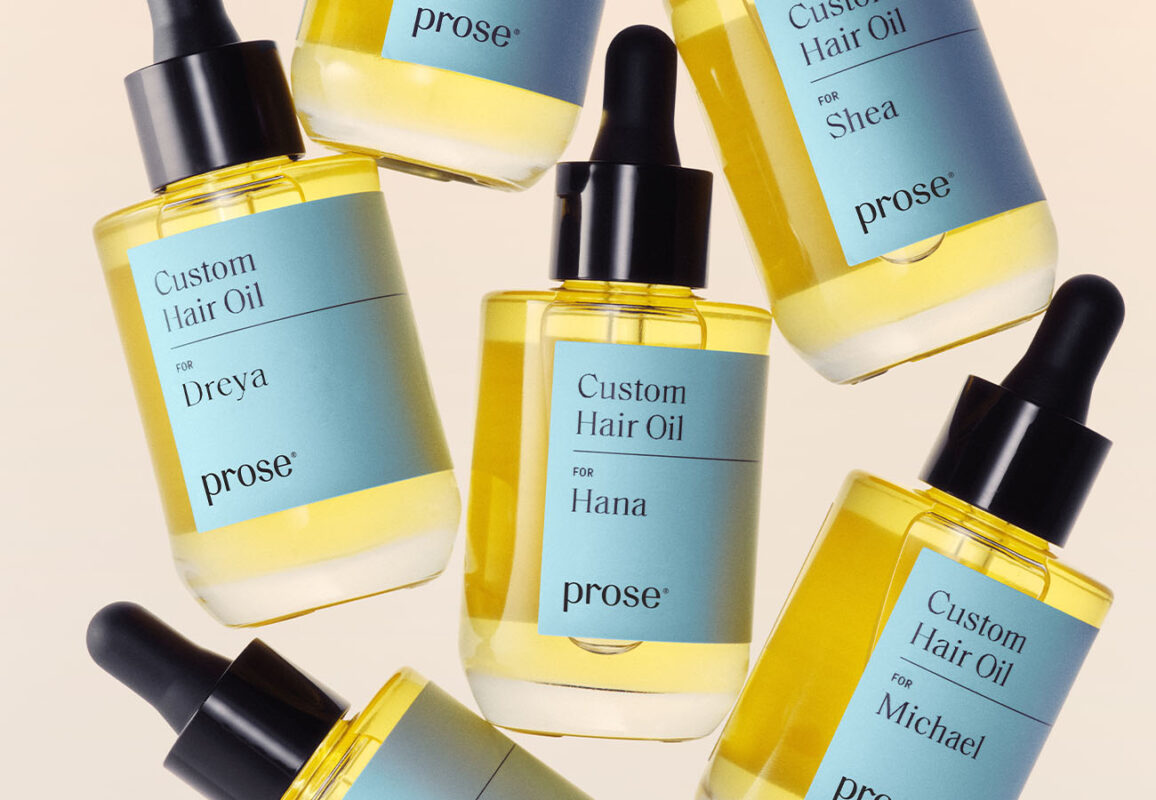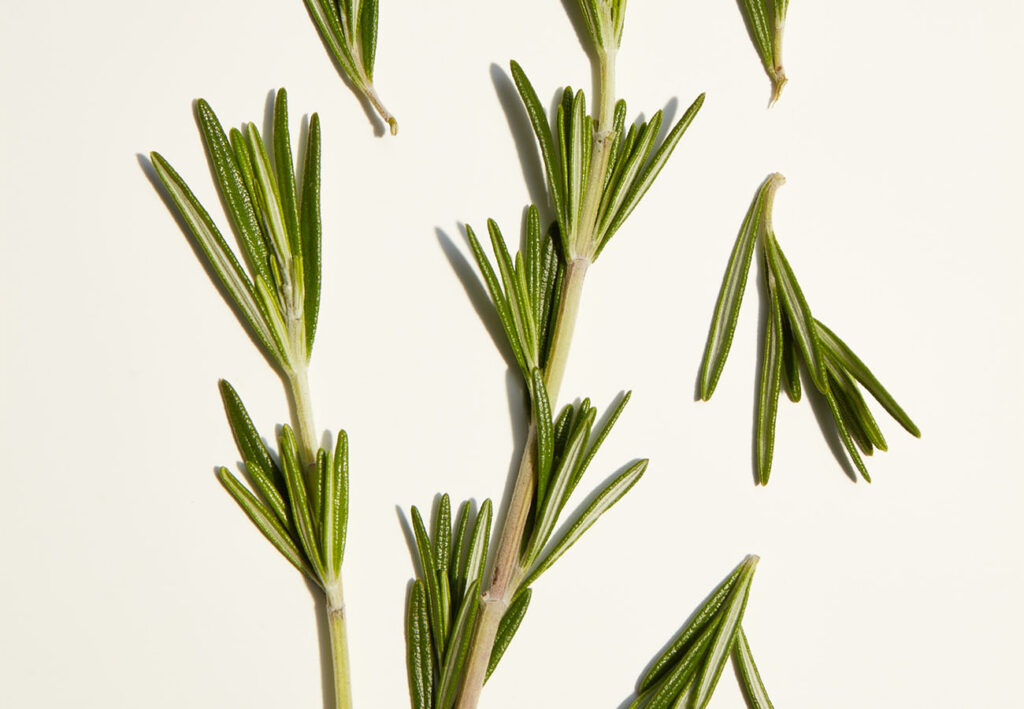While a diet rich in protein and amino acids, frequently found in meat, nuts and legumes, can help subsidize our body’s declining collagen production, there has been a recent movement that suggests a good diet is not enough and that it’s more efficient and effective to take supplements in the form of powders and pills. Is this true? Perhaps—but the jury is still out. Many doctors maintain that any evidence that shows collagen supplementation is beneficial is still mostly anecdotal—and the promising studies that have been done were very small or narrow and thus cannot really be applied to the general population.
Furthermore, even if the collagen supplements we take via powder or pills were successfully converted to a form of collagen the body can use, this collagen would go first to vital organs like the brain and the heart. Pretty low on the list of recipients? Skin and hair.
Considering taking collagen supplements?
If you decide to take collagen supplements to help nourish weakened hair, do so with a healthy dose of skepticism. And, you should consider, while you’re aiming to boost your body’s collagen, scaling back on habits that have been proven in studies to exacerbate its decline. Smoking, alcohol, sugar, and sun exposure have all been linked to a decrease in collagen.
Still looking for ways to counter collagen loss?
You can also try applying it topically to the scalp and hair. Like collagen supplements, there are limited studies on the efficacy, but the application would be more targeted than taking collagen orally—and you wouldn’t risk losing the majority of the collagen to your heart, brain and other life-supporting organs.






